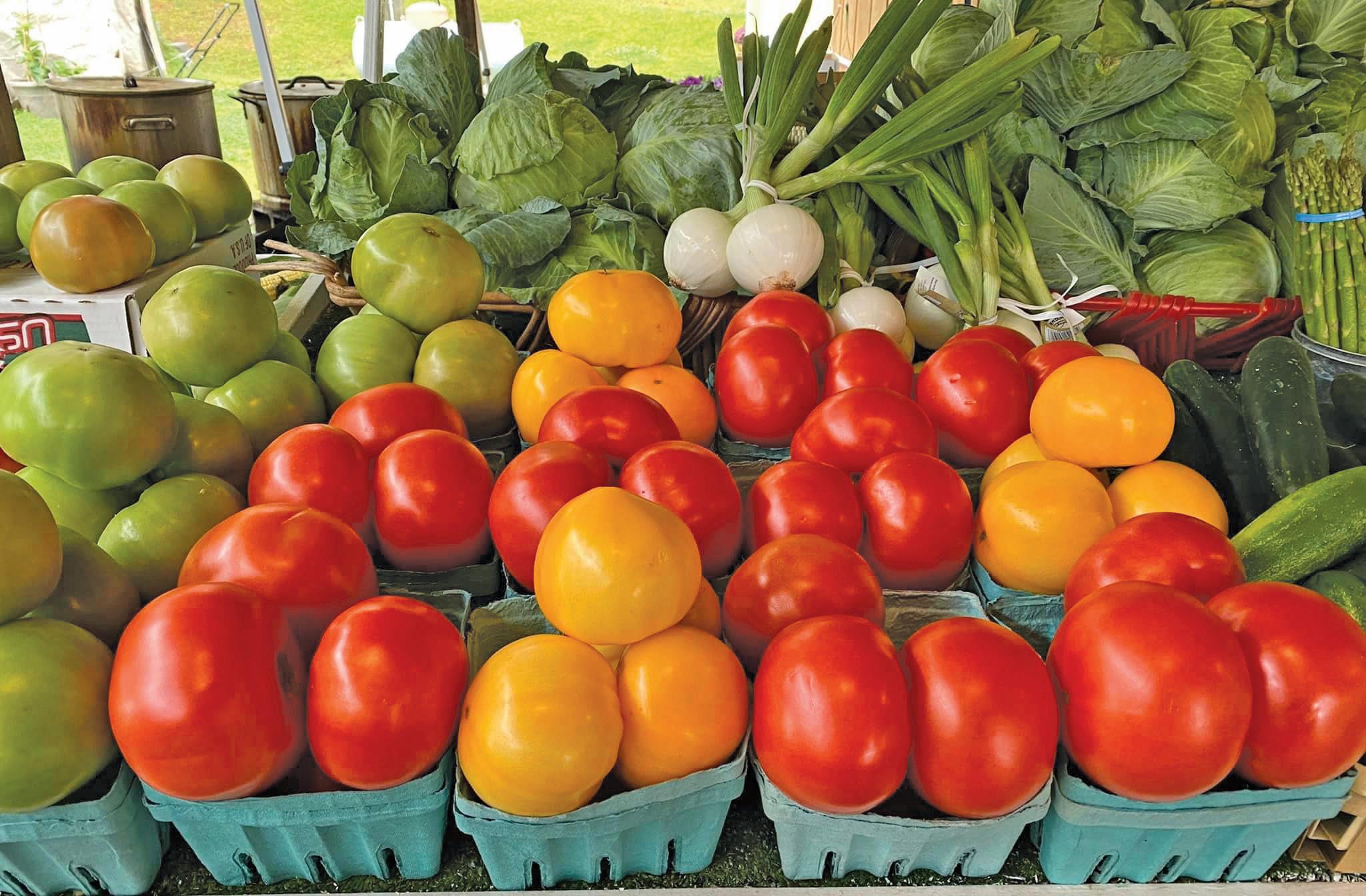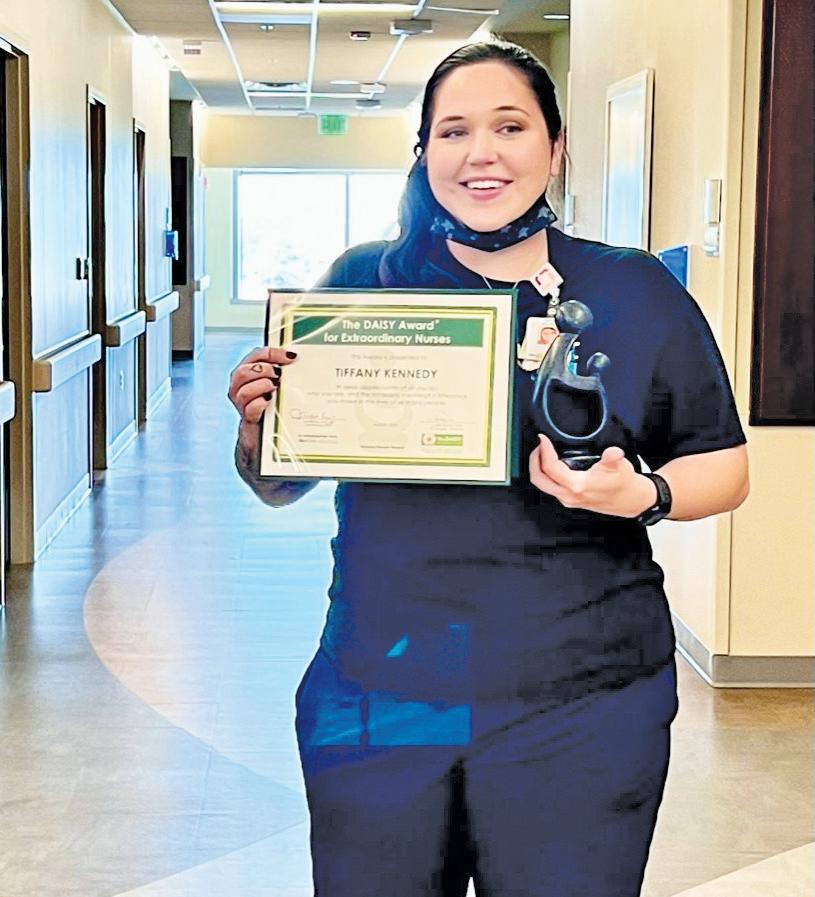
3 minute read
Recent DAISY Honorees Recognized
First Friday Hero Program Re-Launches
Honoring local first responders who go above and beyond the call of duty
Advertisement
In March, Piedmont Newnan Hospital will re-launch its First Friday Hero program, and honor local first responders who have gone above and beyond the call of duty.
Piedmont Newnan created the First Friday Hero program in April 2019, but took a pause at the start of the COVID-19 pandemic, when the hospital and community were stretched on resources.
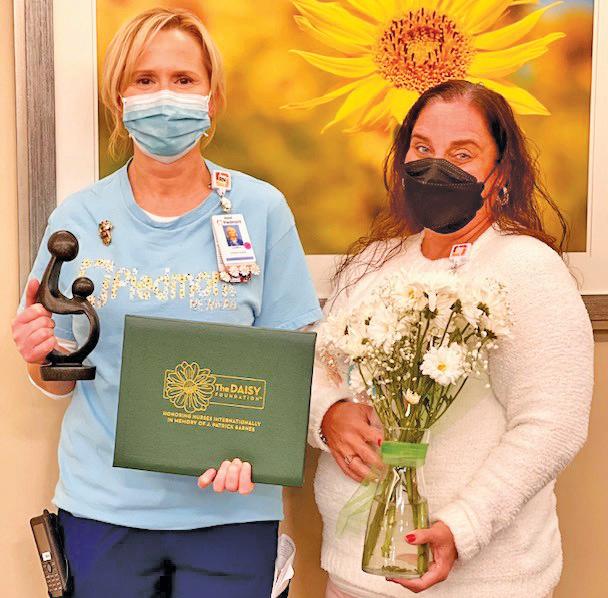
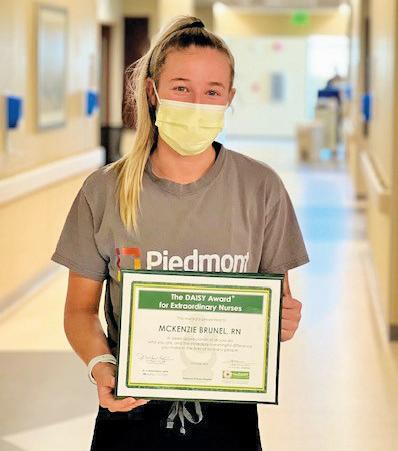

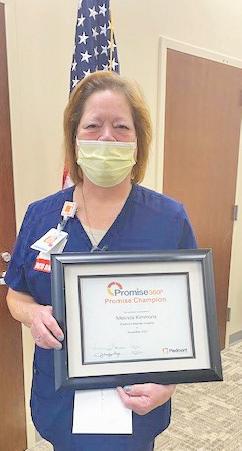
“We are excited to restart this program and recognize those in our community that make a positive difference in every life they touch,” said Vicki Kaiser, COO at Piedmont Newnan. “It is heartwarming to read all the nominations we receive and learn about how our first responders go above and beyond to help those in our local communities get the help they need.”
The First Friday Hero program is designed to recognize first responders on a monthly basis who have gone above and beyond the call of duty. Their line of work is often a thankless job and Piedmont Newnan wants to make the community aware of our local heroes and all they do to make Coweta County and our surrounding communities a better and safer place.
Stephanie R. Butcher

County Coordinator Agricultural & Natural Resources Agent UGA Extension – Coweta County
Q. I would like to start growing herbs.
Where should I begin?
A. Herbs work well in any landscape and are a wonderful addition, especially for those who enjoy harvesting their own plants for cooking scrumptious dishes. I love growing basil and rosemary to use in the kitchen. In fact, both of my sons enjoy picking basil leaves to make caprese salads and snipping rosemary stems to add flavor to our steaks.
If you’re going to grow herbs, choose a location that receives at least six hours of direct sunlight each day. A soil pH range of 6 to 7.5 is fine for most herbs, although some, such as rosemary or lavender, prefer the pH slightly higher, in the 7.5 range.
Herbs do well in average soil but prefer well-drained, loamy or sandy conditions. It’s important to test your soil prior to planting to determine the actual pH, and then add the appropriate amount of dolomitic lime to adjust it. Most herbs are not heavy feeders, and a moderate amount of fertilizer will provide all the nutrition they need. Some herbs, such as basil, chives and parsley, may require additional fertilizer since they are often heavily harvested.
It is a great idea to plant in raised beds or containers, especially if drainage is a concern. Raised beds can be constructed of rocks, landscape timbers, or other materials. Make sure that containers have plenty of holes for drainage.
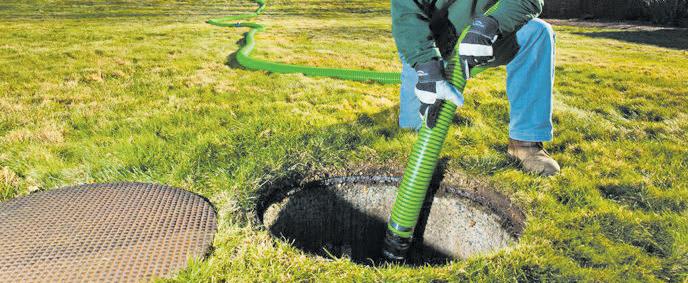
Pine straw or bark mulch around your herb plants will help maintain even moisture around the root system. It also helps to discourage weeds and provides a layer of protection from extreme temperatures.
Most herbs are fairly drought tolerant and require water only during drier periods. Herbs grown in containers and raised planters may require more irrigation than those grown directly in the ground.
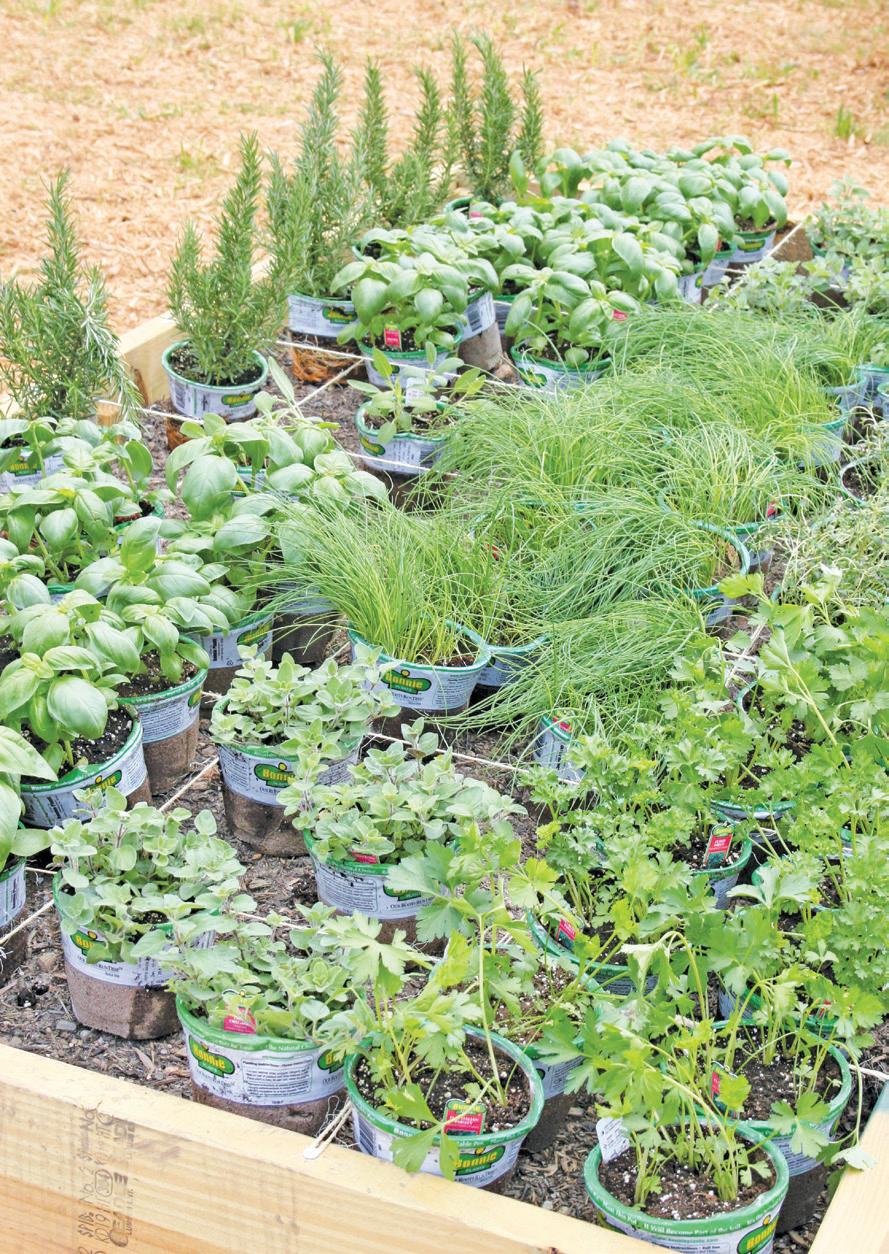
Herbs can be grown from seeds, cuttings or plant divisions. If you are new to gardening, you may want to skip the propagation step altogether and just buy container plants. Later, you may wish to start new plants from seeds or cuttings.
While there are many herbs that can be planted, this is a good list of culinary herbs for beginning gardeners. As you gain confidence as an herb gardener, other varieties can be added.
Basil – This annual prefers full sun and moderate moisture. Clip the flowers to encourage bushiness and prolong the life of the plant. The leaves can be used in tomato sauce and pesto.
Mint - This perennial prefers sun or partial shade and semimoist soil. Plant in a container to keep it from spreading. Mint can be used in desserts, teas and as a garnish.
Oregano – This perennial prefers sun and moderate moisture. The leaves can be used in preparing meats and vegetables.
Sage – This perennial prefers sun and moderate moisture. Trim the plant to promote bushiness. The leaves can be used in preparing meat and in cheese and potpourri.
Chives – They are perennials that prefer sun or partial shade and moderate moisture. They can be used in preparing eggs, meats and vegetables.
Rosemary – This perennial can be enjoyed year-round from the garden. It is drought-resistant after established and should be planted in full sun. It can grow 3-5 feet tall.
You will find some of these herbs at the Master Gardener Spring Plant Sale coming up on April 15th at the Coweta County Fairgrounds.
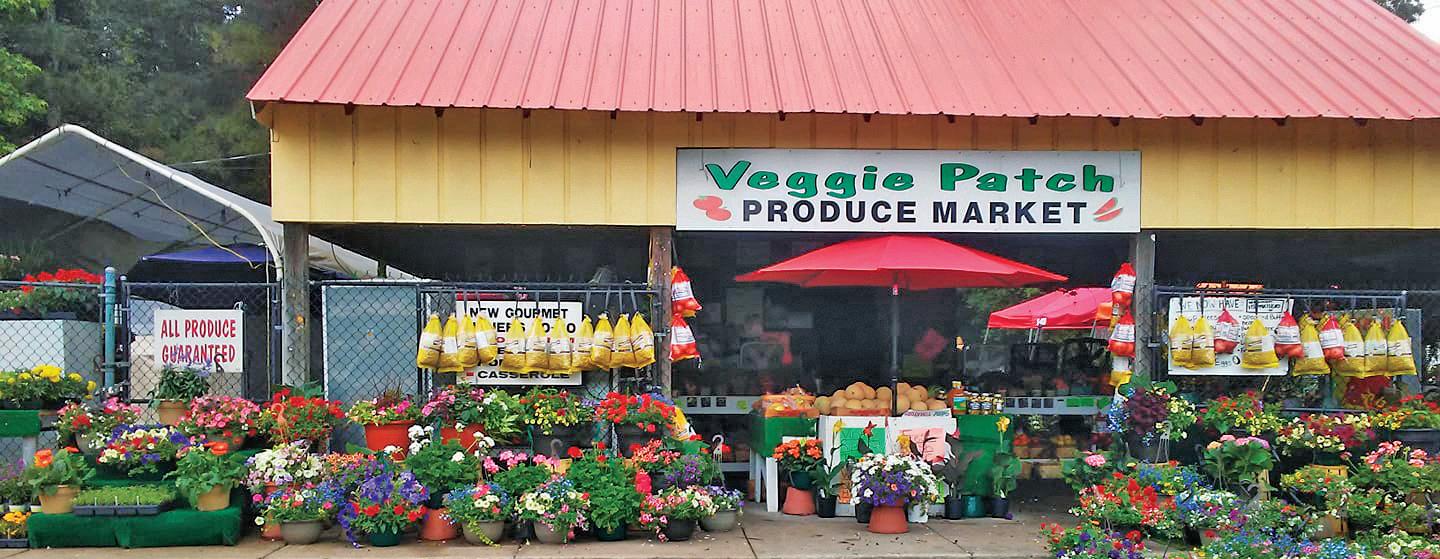
For more information about growing herbs, contact the Coweta County Extension office at 770-254-2620 or coweta.extension@uga.edu and ask for the publication, “Herbs in Southern Gardens”.
The University of Georgia College of Agricultural & Environmental Sciences is an equal opportunity, affirmative action organization.
Photo Credit: UGA Center for Urban Agriculture.
